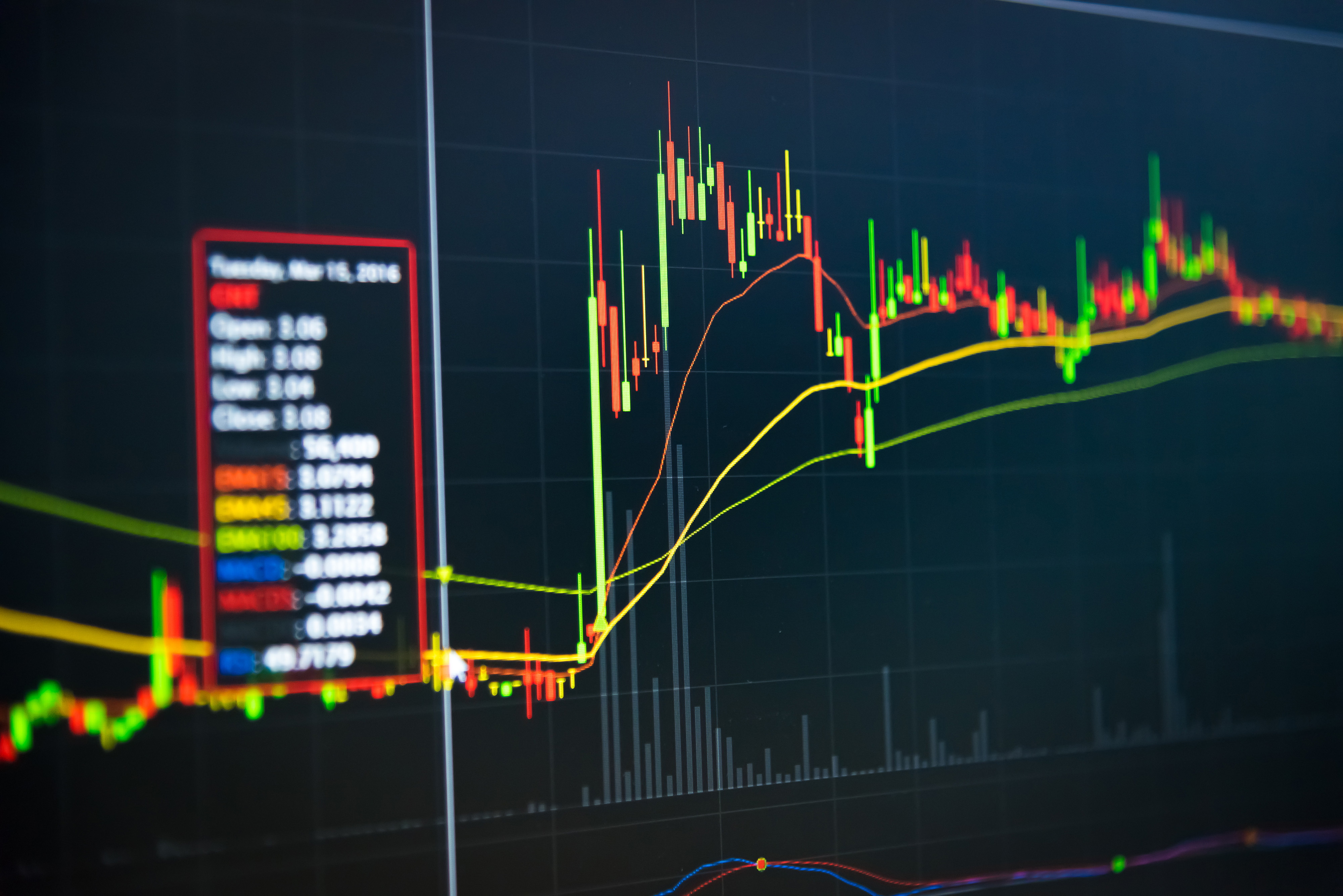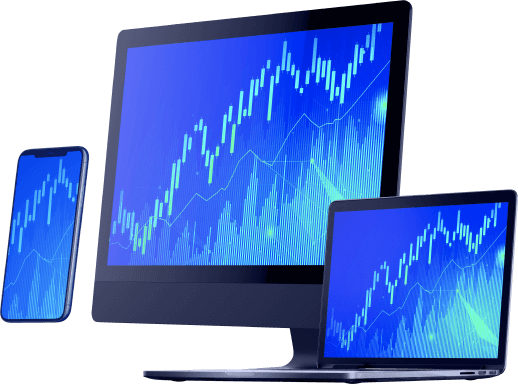Trading Indices
A stock exchange is a dynamic platform that allows financial service providers and traders to buy and sell different financial instruments such as shares of stock, bonds, and other securities. When a financial market is discussed, many of us get to hear the words market going up or down, the trend either Bullish or Bearish. What we are actually discussing is the performance of ‘index’ rather than the market itself.

Course name
Start trading

This content available only for register client
A stock market sees thousands of transactions between the participants of the market that includes stock financial service providers, banks, insurance companies, investment groups, and traders. Due to its extent, it is difficult to measure the stock market as a whole, so analysts pick a sample of stocks and use metrics called ‘Indices’ to summarize the performance of a stock market.
On a global level, MSCI World Index tracks the performance of a large group of stocks from every country. Some of the popular stock exchange markets of the world include
- FTSE 100 index in Britain
- Dow Jones, NASDAQ, and S&P 500 in the USA
- Dax 40 in Germany
- CAC 40 Index in France
- Nikkei 225 Index in Japan; and
- SSE Composite Index in China
What is Market Index?
A market index is a measurement that combines the values of several stocks traded in a given exchange to give one collective or average value, which can then be used to measure the performance of a market or sector. A market index represents the value and volume of the entire stock market and a benchmark to track the performance of market segments, and the overall market value that changes with time.
Investors can use indices to follow market trends and other developments. For example, FTSE 100
combines the value of 100 largest stocks trading in the London Stock Market into one index value. If
the value of those 100 stocks goes up, FTSE 100 goes up. Similarly, if the price of stocks declines,
so does the FTSE 100.
How is the value of Indices Calculated?
There are two ways to calculate indices.
1. Capitalization WeightedThe index is weighted for market capitalization, which means that the big companies with a greater number of outstanding shares have a bigger impact on the index’s performance than smaller companies. For example, an oil company with a higher market cap will have a greater impact on its index’s price
2. Price weightedSome of the indices, such as the Dow Jones and Nikkei 225, are price-weighted, which means that a company that has a high share price will have a greater impact on the index’s price. For example, an FMCG (Fast Moving Consumer Good) company with a share price of £100 will have a significant influence on the index’s price than that of a company that has a share price of £10.
How to participate in Trading Indices:
Indices take a sample of stocks which may be representative of a sector, segment of the country and average their stock prices to come to the index level. The index level does not signify much, but by following its percentage changes over time, investors can predict the movement of the underlying market. It is also the reason why most investors invest in the indices themselves to try to get market returns.
Investors follow the trends in the financial markets and manage their investment portfolio accordingly. As the indices represent the market as a whole and are so diversified, many investors use ‘Index Funds’ to gain investment exposure while keeping the costs low.
An index fund is a mutual fund, also known as ETF (Exchange Traded Fund) that copies an index either by holding all of its integral parts or holding a sample of stocks. An index fund simply copies index, which means they can be operated at a lower cost and charge a fee which is below half a percentage point.
The index funds have become a popular investment strategy for passive investors as they can easily mirror or mimic the market. But active investors are also using index funds to expand their business and limiting their exposure.
Example, if you think that market index such as FTSE 100 will rise, for investment you will open a position and see the direction the price will go. If the price rises of the index, you will make profit on every point, and if the market declines then you will make a loss on every point the index loses.
Important Considerations for Index Fund Strategy:
The stock markets have moved up quite steadily in recent times, and index funds have given handsome returns to some investors. But like every investment, there are potential gains as well as certain risks. Some factors to consider while thinking of trading indices are
- The index fund will always tail behind the index it mirrors
- The indices do not count the transaction and management cost, so the after-cost return will always be lower than that of the index.
Some of the indices may not be that diversified as you would expect, and different indices may provide a different amount of returns even if the market segment is the same. The different indices may have different sample sizes and criteria. The amount of return also depends on the weighting method the index may use. The four weighting methods that an index uses to calculate the average price of the stock are
- Price weighted
- Market cap-weighted
- Equally weighted; and
- Fundamentally weighted
Index funds are one of the most interesting ways to invest, but you need to choose the right index as it tells the type of security you are giving more weight and how your performance will be measured. You should do proper research on both the index and the fund you would be buying.
You can find the index you want to invest in and search for some of its funds. Once you have located potential funds, go through the details, and see how much each cost, how closely the index is tracked and if they are any modifications. Indices do provide valuable insight into the financial market, whether you are a passive or active investor.
The information above is for education purposes only and cannot be considered as investment advice. Past performance is not reliable indicator of future results.



